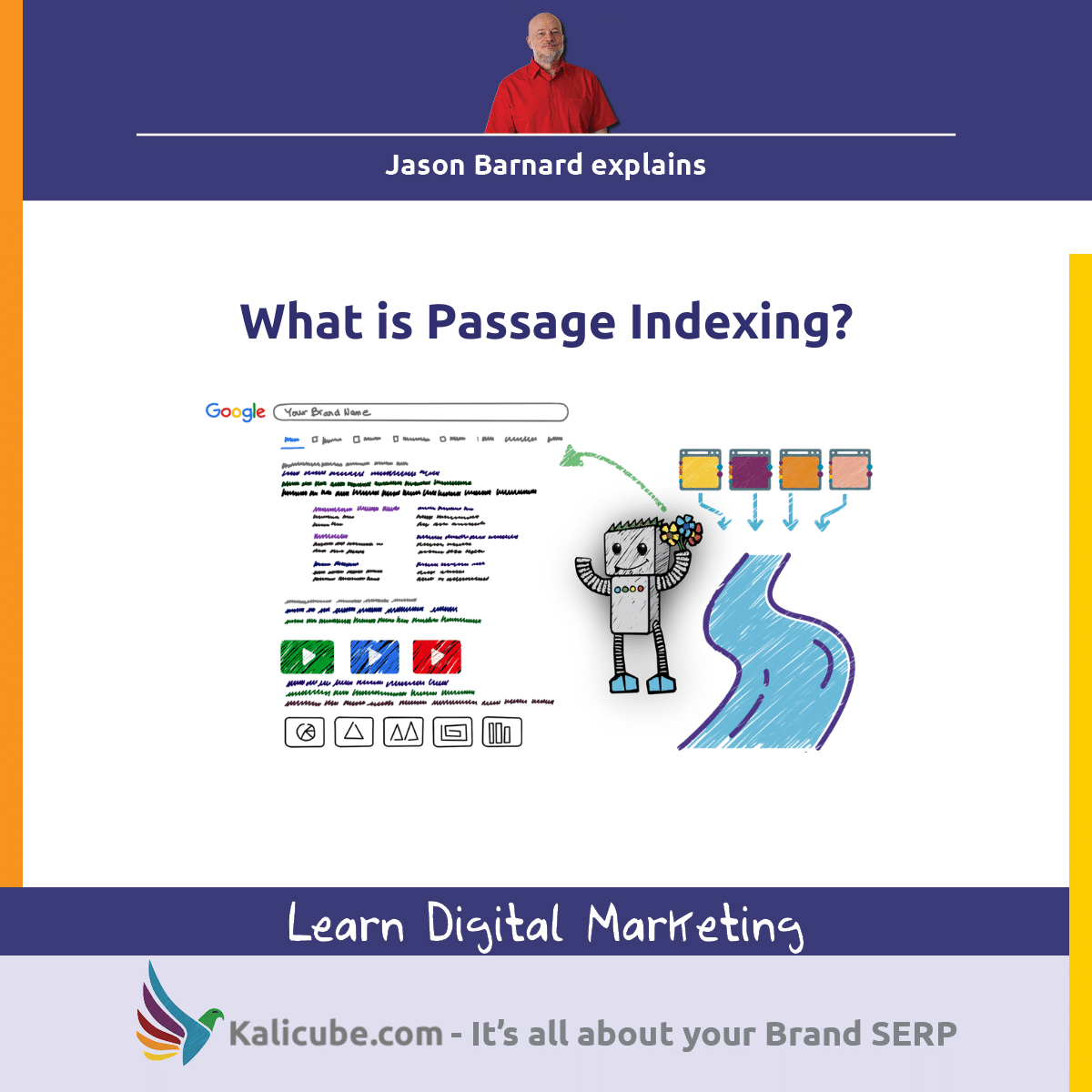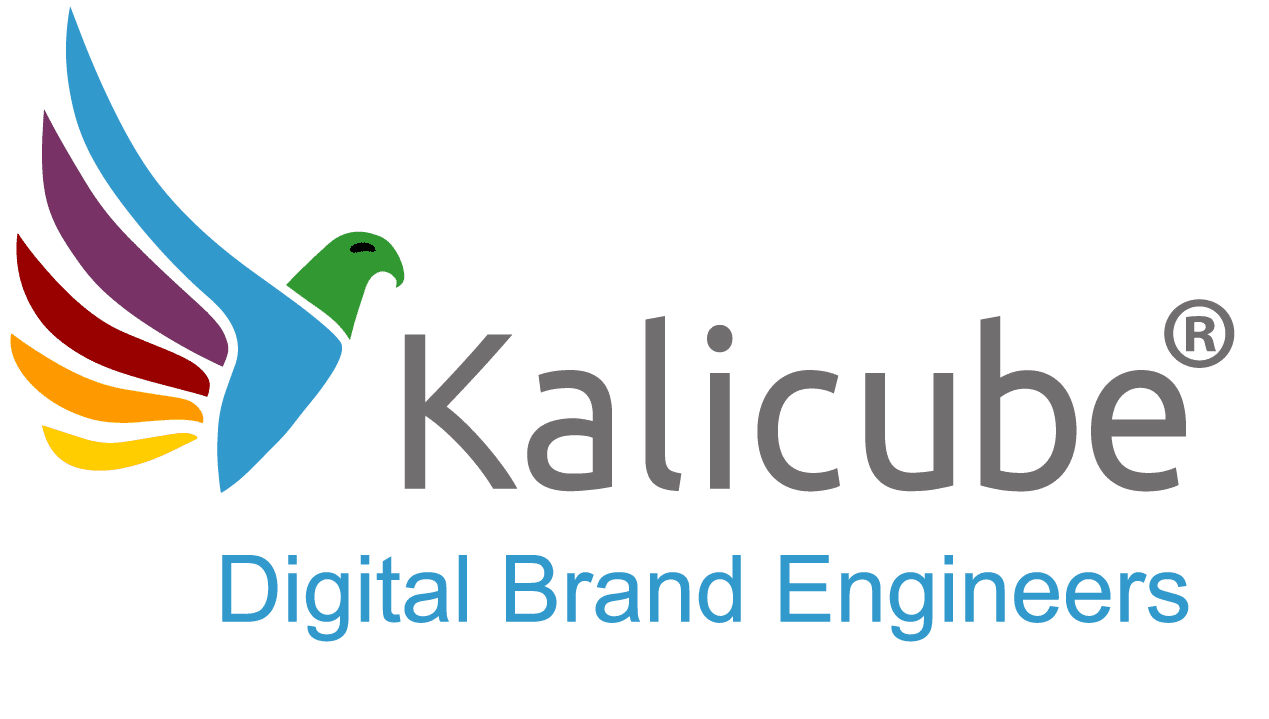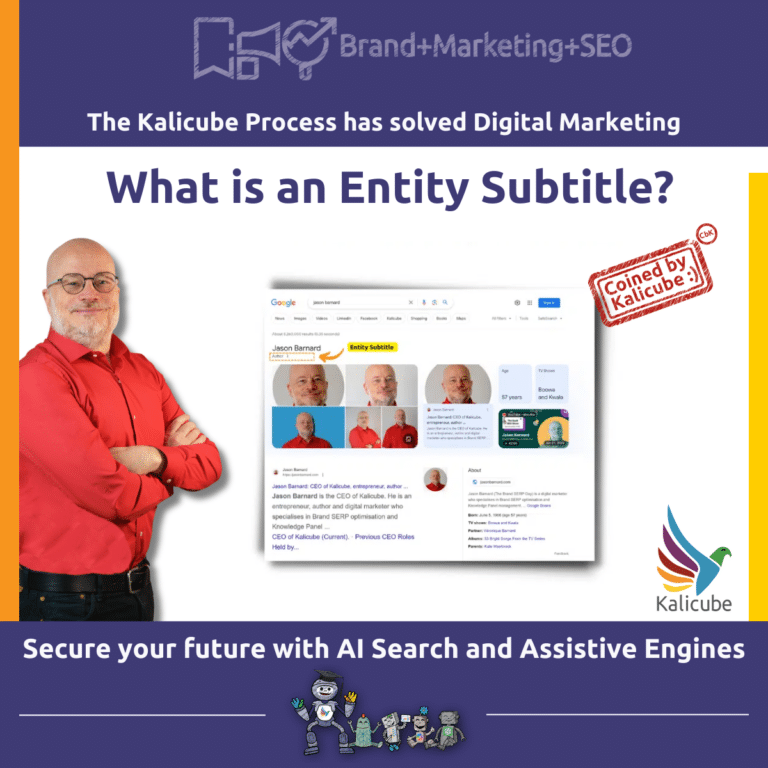Passage Indexing in SEO: What You Need To Know

What is Passage Indexing?
Passage indexing is a Google search feature that allows Google’s algorithms to not just consider entire web pages for relevance to a search query but also specific passages or sections within those pages.
Indexing passages allows Google to isolate discrete passages within pages containing multiple topics so they are easier to serve users on the internet.
The search engines identify and index individual sections, paragraphs, or passages that relate directly to the user’s query.
This means that even if the information being queried is buried deep within a page, the search engine can highlight and rank that particular passage, greatly enhancing the user’s search experience.
What does passage indexing look like in the search results?
An author writes a comprehensive document on a topic for a website. For example, “How to get a Knowledge Panel.” The author’s goal is to cover the topic in its entirety, so sections include “How to get verified for a Knowledge Panel,” “The benefits of having a Knowledge Panel,” “Steps to optimize your online presence for a Knowledge Panel,” and “How to maintain the accuracy of your Knowledge Panel information.”
Passage indexing means Google can extract and rank individual sections on their own.
For instance, Google can add the “Benefits of having a Knowledge Panel” section for searches with that context in its index.
In short, passage indexing allows Google to crawl and rank every section of your webpage and use it to satisfy user queries more accurately and quickly.
Here’s an example of how passage indexing impacts search results.
Google highlights particular words it considers vital for the search. It’s looking for answers that show the content is likely helpful for a specific query.
How Does Passage Indexing Work?
Google uses the BERT algorithm and neural networks to understand content. The algorithms comprehend the specific parts of a page. Google still assesses the whole page but pays more attention to the content and meaning of different sections. Each section gets marked and can be ranked on its own.
Google says passage indexing affects approximately 7% of search results. BERT and neural networks are expensive, so the website and content must be relevant, reputable, and trustworthy before the algorithms assess it.
Passage indexing doesn’t change how Google decides which pages to show; it affects how specific sections are ranked in its index.
How Does Passage Indexing Affect SEO?
On-page SEO (search engine optimization) matters even more now. Using suitable headings and optimizing anchor text is essential.
Pro Tip: Avoid fluff and personal opinions, and always present factual information.
Pages with higher-quality content but less optimization can outrank pages with solid on-page SEO. Focus on comprehensive, factual information that answers user queries through every customer journey stage. And optimize your page for SEO.
If you want to optimize your website to take advantage of passage indexing, turn your attention to long-form content types.
Longer, well-written, and comprehensive content answers more user queries and stands a better chance of ranking for more questions. Long content written for word count is not useful for SEO.
How Can You Optimize for Passage Indexing?
Optimizing for Google’s passage indexing entails making your content as relevant, user-friendly, and easy for Google to understand as possible.
A few tips are listed below.
- Detailed Content: Ensure your content is detailed and covers a wide range of sub-topics on the subject. This makes it more likely for Google to find relevant passages.
- Clear Structure: Use HTML headings and subheadings to organize your content well. This helps Google understand your content more effectively and helps the algorithms identify significant passages.
- User Intent: Identify and understand your target audience’s search intent. Craft your content to address their needs thoroughly.
- Keyword Usage: While you should write for users and not for search engines, you should still incorporate relevant keywords into your content. This can help guide Google in understanding the subject and context of your content.
- Schema Markup: Use schema markup to help Google understand the context and structure of your content better.
- Question-based Content: Given that passages could be more relevant for long-tail, question-based queries ensure your content answers specific questions related to your main topic.
- Make Every Section Count: Google assesses individual passages of a page, each section of your content must be as high-quality and valuable as possible.
Consider passage indexing as one of the broader SEO strategies that includes other optimization tactics.
Indexing vs Ranking
Indexing and ranking are two different processes in SEO, and they have distinct differences:
Indexing
Search engine bots like “Googlebot” and “Bingbot” discover your web pages and decide if they will crawl them. Do not assume the bots will automatically crawl your web pages. If they crawl your pages, they may add them to the index. They may decide not to add them to the index if the page is slow, the quality of the content is poor, or it finds other issues.
Indexing is the process of a search engine acknowledging the existence of a web page. When you create a new page or make significant updates to an existing page, you want the search engine to notice and index these changes. Only pages that are indexed can appear in the search engine’s results.
Ranking
Once a page is in a search engine’s index, it is given a ranking. Ranking is how search engines determine where to place a web page in the search results. This is based on algorithmic factors, including context, relevance, site structure, backlink profile, user experience markers like bounce rate and dwell time, and many others.
Indexing is about getting noticed by the search engine and added to their mass listing of website pages. In contrast, ranking is about competing with other indexed pages to appear higher in the search results for specific queries.
Pitfalls and Drawbacks of Passage Indexing
The pitfalls and drawbacks of passage indexing are listed below.
- Misinterpretation: A search engine incorrectly interprets a passage out of context. The lack of overall context leads to incorrect indexing and surfaces in irrelevant search results.
- SEO Challenges: Before passage indexing, the traditional SEO practice was optimizing an entire page for a select set of keywords. Keywords are less relevant in SEO today because search engines are semantic engines aiming to understand the meaning behind the words in the search. They don’t match a keyword with a keyword to create the search results. Do not base your content on keywords.
How Does Passage Indexing Fit Into Brand SERP Optimization and Knowledge Panel Management?
Passage indexing is relevant to Brand SERP optimization and Knowledge Panel management. If important passages in your content accurately represent and describe your brand, Google may index these specific sections. These indexed passages mean Google understands your brand, leading to a more accurate and optimized Brand SERP.
Passage indexing provides accurate data for your Knowledge Panel. It helps Google’s algorithm extract key facts and details about your brand, leading to better management of your Knowledge Panel.
It is important to note that Google’s passage indexing primarily affects informational queries rather than navigational or transactional queries often associated with brand searches. Therefore, while passage indexing might indirectly influence Brand SERP and Knowledge Panel, it is not the primary tool for these optimizations.
Ensure your content is found for the correct queries!
Book a call today, and let’s increase your visibility on Google!






